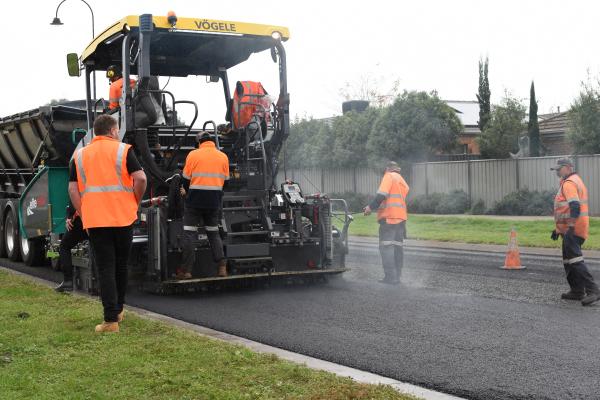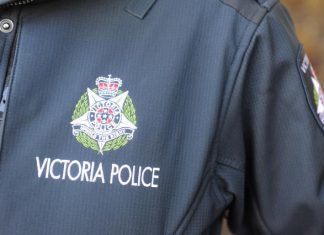By Alesha Capone
An innovative Wyndham council project is using rubbish to repair and resurface roads.
The council recently resurfaced Geddes Crescent in Hoppers Crossing with the equivalent of 34,000 plastic bags.
The 210 metres of road length was resealed with PlastiPhalt, an asphalt mix made from recycled plastic and reused asphalt.
Wyndham’s environment and sustainability portfolio holder, Cr Heather Marcus, said using recyclables to resurface roads was a great way to reduce waste.
The Geddes Crescent resurfacing is among a number of projects Wyndham’s Asset Rehabilitation Team (WART) has trialled in recent months, to resurface and repair roads using materials that would have otherwise ended up in landfill.
WART has also trialled a selection of road resurfacing treatments using reclaimed plastics, rubber, steel mill slag and asphalt along Dunnings Road, Point Cook.
At the moment, the council is trialling a crack-sealing product, which contains waste plastics and tyre crumb, to repair roads in Williams Landing.
Cr Marcus said while it was still early in the trial, the product was showing promise as an environmentally-friendly alternative to traditional crack-sealing products.
“Crack-sealing forms an important part of council’s road maintenance activities and extends the longevity of roads by filling up cracked surfaces and preventing water damage,” Cr Marcus said.
“This helps protect our environment by reusing waste materials and avoiding early replacement of our roads, and is another component of Wyndham City’s efforts to embrace the circular economy.
“If we could use recyclables in most of our roads, as we aim to eventually, we could save thousands of tonnes of plastic and other materials from being sent to landfill.”







